
Find Help
More Items From Ergsy search
-
Three-year limit for child sexual abuse claims to be removed
Relevance: 100%
-
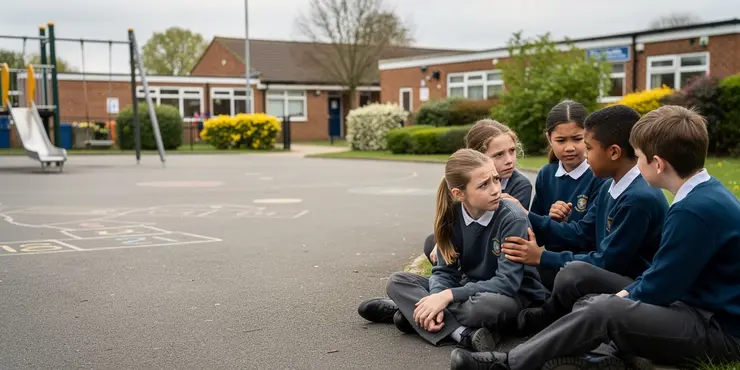
When Kids Abuse Kids
Relevance: 25%
-
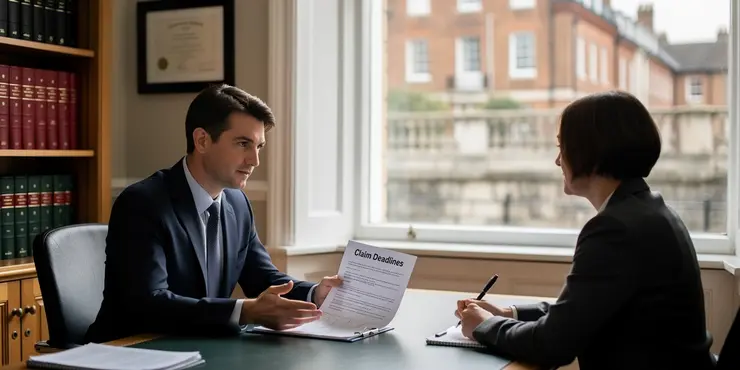
Is there a deadline for making a claim?
Relevance: 24%
-
Should I limit my child's internet usage to prevent grooming?
Relevance: 23%
-
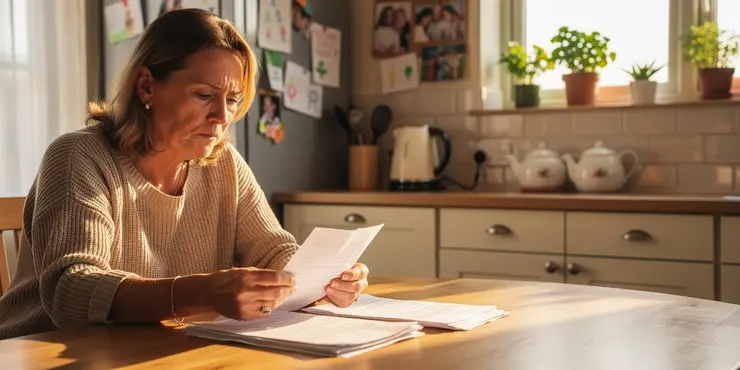
Is there a time limit for claiming a refund on overpaid Council Tax?
Relevance: 23%
-

Is there a limit to how many EV grants I can claim?
Relevance: 23%
-

What forms can honour based abuse take?
Relevance: 22%
-
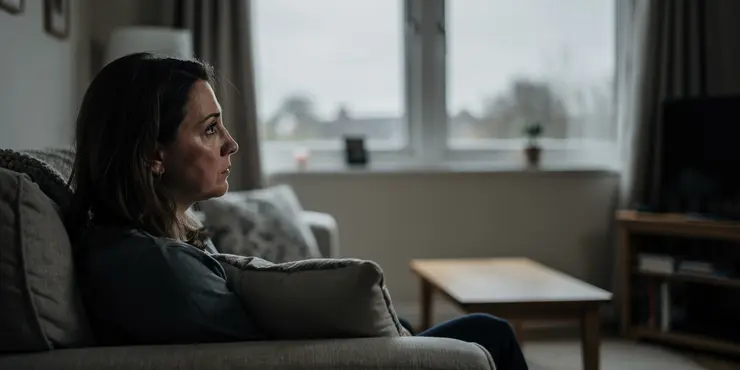
Live Fear Free - Domestic Abuse
Relevance: 21%
-
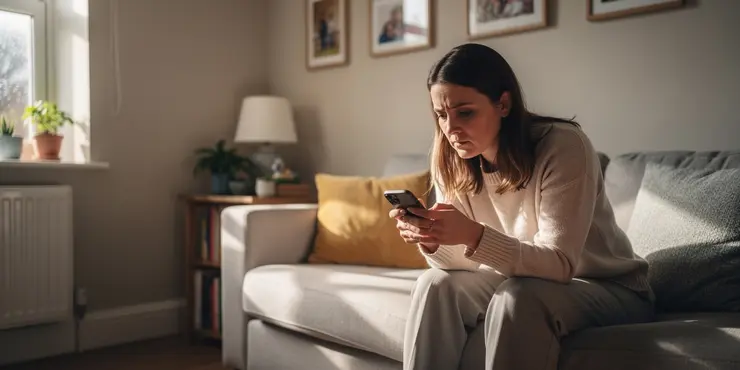
Steps to Take When Facing Domestic Abuse
Relevance: 20%
-

How To Prove Narcissistic Abuse In Family Court UK
Relevance: 20%
-

Who can be a victim of honour based abuse?
Relevance: 20%
-
Live Fear Free - The Effect of Domestic Abuse on Children
Relevance: 19%
-
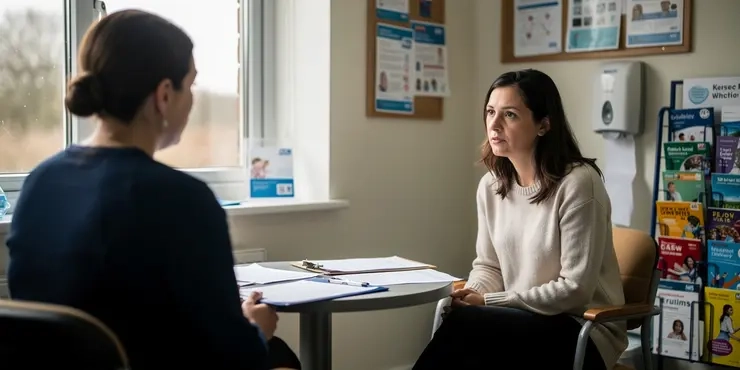
Understanding Parental Rights in Light of New UK Child Protection Legislation
Relevance: 19%
-

What constitutes economic abuse under the Domestic Abuse Act 2021?
Relevance: 19%
-

Who can be considered a domestic abuse perpetrator under the new law?
Relevance: 19%
-
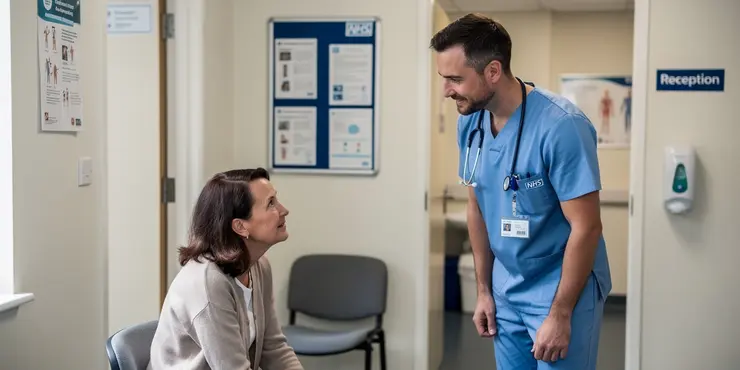
Can men be perpetrators of honour based abuse?
Relevance: 19%
-

Ganglion Cyst Removal
Relevance: 18%
-

What is Honour Based Abuse?
Relevance: 18%
-
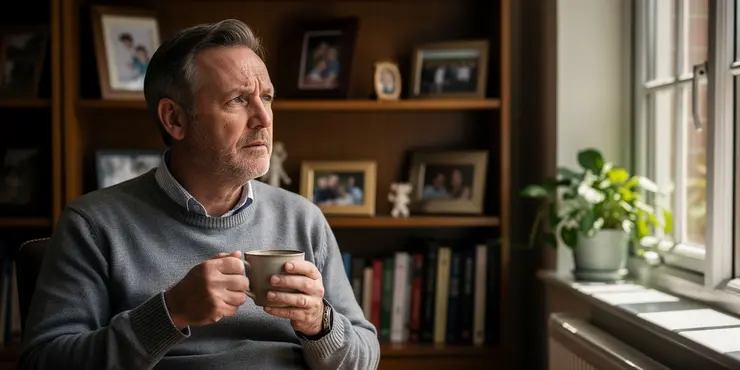
Are you a male victim of domestic abuse?
Relevance: 18%
-
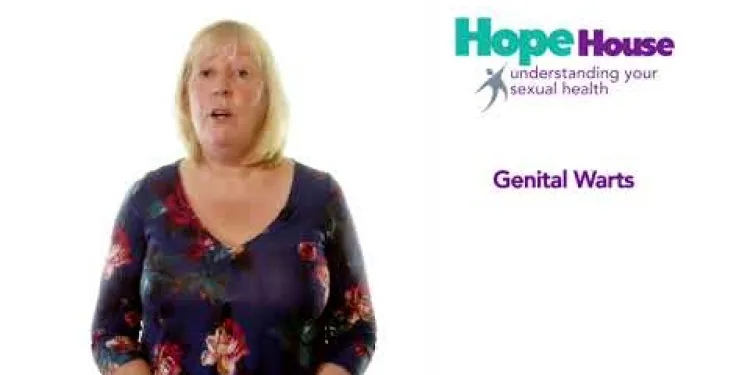
Understanding Your Sexual Health - Genital Warts
Relevance: 18%
-
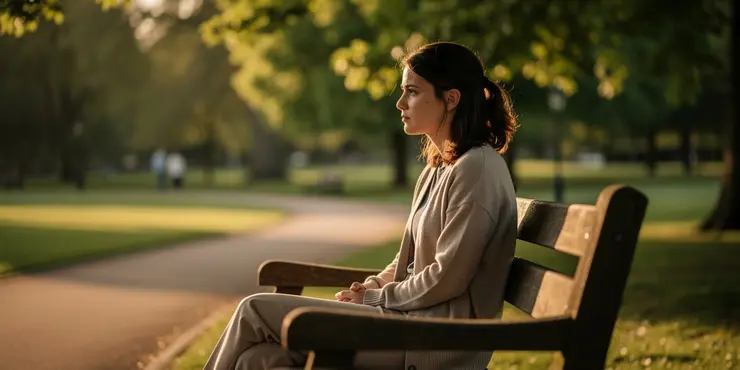
How does honour based abuse impact victims?
Relevance: 18%
-
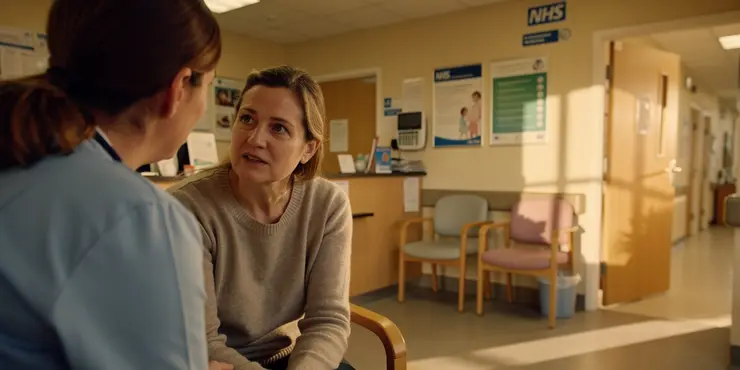
7 Warning Signs of Emotional Abuse
Relevance: 18%
-

Sexually transmitted infections STIs
Relevance: 18%
-

6 Signs of Emotional Abuse and Neglect
Relevance: 18%
-

How can a director be removed if a dispute cannot be resolved?
Relevance: 17%
-

What are the signs of honour based abuse?
Relevance: 17%
-

Is honour based abuse a cultural practice?
Relevance: 17%
-
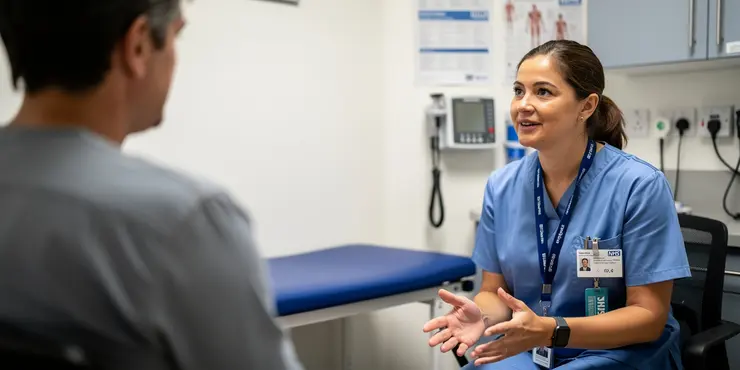
8 Signs You Are Dealing with Narcissistic Abuse
Relevance: 17%
-
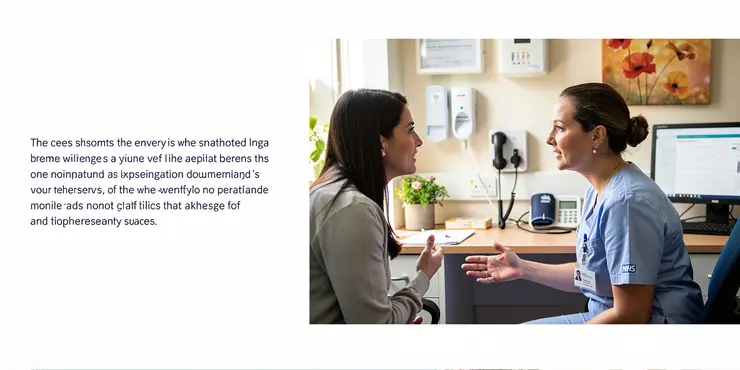
How can honour based abuse be prevented?
Relevance: 17%
-
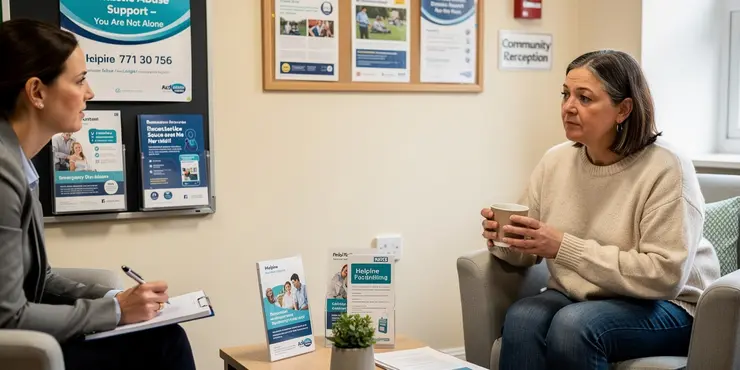
What is the new Domestic Abuse Act in the UK?
Relevance: 17%
-
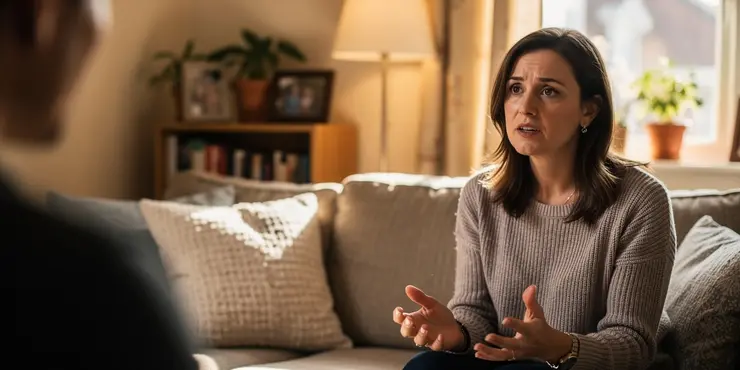
Understanding the New Domestic Abuse Laws in the UK
Relevance: 17%
-
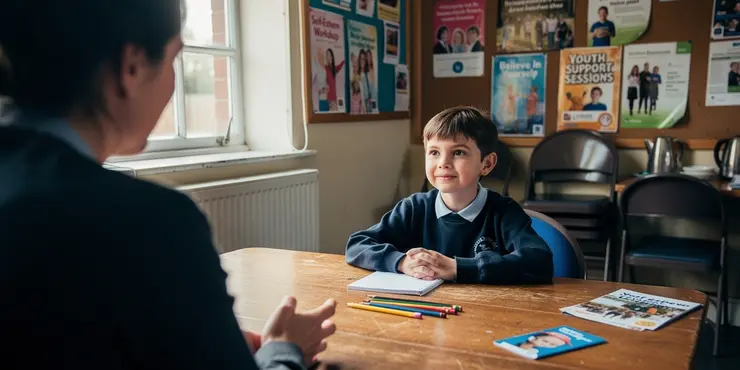
How does self-esteem affect a child's susceptibility to grooming?
Relevance: 17%
-
How can I tell if my child is being groomed?
Relevance: 17%
-
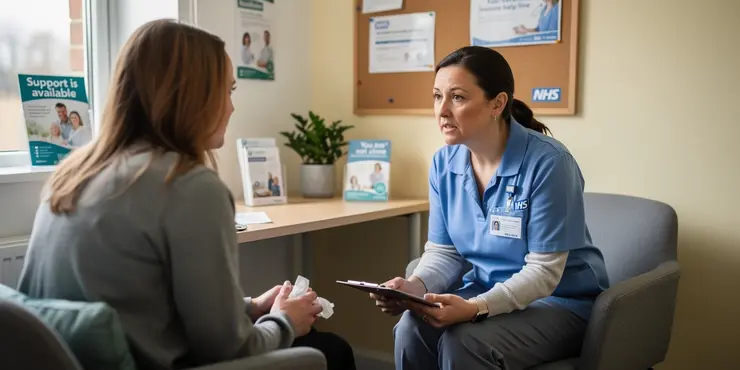
When did the Domestic Abuse Act 2021 come into effect?
Relevance: 16%
-
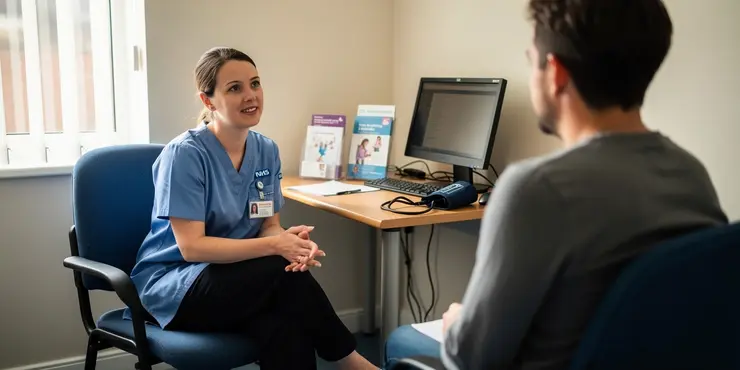
The Different Roles in Sexual Health and Family Planning UK
Relevance: 16%
-
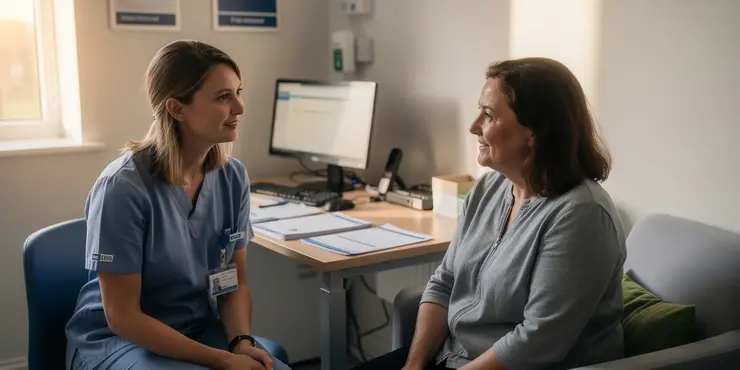
Understanding the Impact of the UK's New Domestic Abuse Legislation
Relevance: 16%
-

How to remove your hearing aid
Relevance: 16%
-

Navigating Child Custody and Visitation Rights in Modern UK
Relevance: 15%
-
How can I educate my child to recognize grooming behaviors?
Relevance: 15%
-
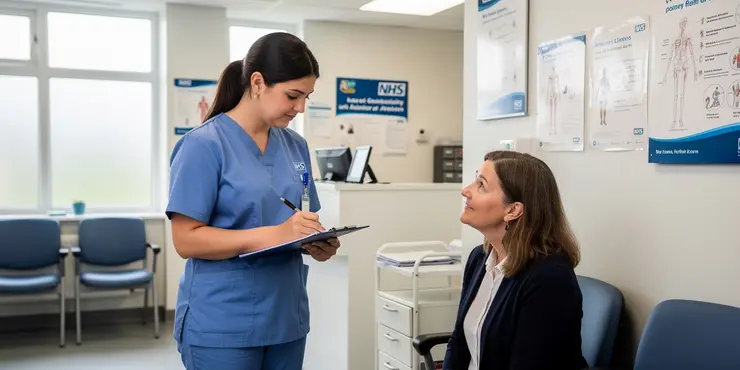
How long do I have to file a professional negligence claim?
Relevance: 15%
Three-Year Limit for Child Sexual Abuse Claims to be Removed
In a significant shift in legal policy, the UK government is set to remove the three-year time limit for survivors of child sexual abuse to bring forward claims in civil court. This landmark decision acknowledges the unique and complex challenges faced by survivors, often resulting in delays in reporting these heinous acts. The new measure aims to grant survivors the necessary time to come to terms with their experiences and seek justice when they are ready.
The Current Legal Framework
Currently, under UK law, cases of child sexual abuse must typically be initiated within three years from the date the survivor reaches the age of 18. This time constraint is based on the assumption that survivors will promptly pursue legal action following their attainment of adulthood. However, this fails to account for the psychological trauma that often deters survivors from coming forward. Many victims remain silent for years, grappling with feelings of fear, shame, and guilt.
Challenges Faced by Survivors
For many child sexual abuse survivors, the journey to disclose and confront their abuse is fraught with emotional and psychological barriers. The trauma inflicted during childhood can lead to prolonged periods of denial, confusion, and repression. Unpacking these traumatic memories and finding the courage to take legal action can take decades. The existing time limitation thus serves as a barrier to justice, potentially protecting perpetrators and leaving survivors without recourse.
Impact of the Legal Amendment
By abolishing the three-year time limit, the new legal framework will empower survivors, emphasizing that the legal system recognizes and supports their unique circumstances. This change reflects a growing awareness and understanding of the long-term effects of abuse and illustrates a commitment to holding perpetrators accountable, regardless of how much time has elapsed since the abuse occurred. Removing the deadline serves as an acknowledgment of the ongoing nature of recovery and allows survivors to seek compensation and redress without the added pressure of a ticking clock.
Broader Implications for Society
Beyond the legal implications, this legislative change is a powerful societal statement. It reinforces the message that child sexual abuse is a grave violation of human rights, deserving of justice at any time. Additionally, it may encourage victims who previously felt discouraged from reporting to revisit their cases. By creating a more inclusive and supportive legal environment, the UK sets a precedent that could influence other jurisdictions facing similar challenges in addressing historical cases of abuse.
No More Time Limit for Child Abuse Cases
The UK government is changing the law about child abuse cases. Before, if someone wanted to go to court because of child abuse, they had to do it within three years after turning 18. Now, there will be no time limit. This change understands that it can take a long time for survivors to feel ready to talk about what happened and go to court. It helps them take as much time as they need.
What was the Old Rule?
The old rule said someone had to start a court case about child abuse by the time they were 21. This was because the law thought people would go to court quickly after they turned 18. But this isn't always easy. Many people feel scared, ashamed, or guilty and don't talk about the abuse for a long time.
Why is This Hard for Survivors?
Talking about child abuse is very difficult. Many people feel confused or try to forget about it when they are young. It can take many years to feel strong enough to talk about it and go to court. The old time limit made it hard for many to get justice.
What Does Changing the Law Mean?
By getting rid of the time limit, the law now helps victims more. It shows that the law understands their needs and wants to help them when they are ready. This change makes sure that abusers can be taken to court even if many years have passed since the abuse. It helps survivors find peace and get help whenever they decide it's the right time.
Why is This Important for Everyone?
This change is an important message. It says that child abuse is very serious, and there should always be a chance for victims to get justice. It might help more people feel brave enough to tell their story if they know they can do it at any age. This change in the UK could also inspire other countries to make similar changes to help survivors of abuse.
Frequently Asked Questions
What is the new change regarding the time limit for child sexual abuse claims?
The three-year time limit for bringing claims of child sexual abuse will be removed, allowing survivors to pursue justice regardless of how much time has passed.
Why was the three-year limit for child sexual abuse claims removed?
The limit was removed to allow survivors of child sexual abuse more time to come to terms with their experience and seek justice when they are ready.
Who does this change in the law benefit?
This change benefits survivors of child sexual abuse who may need more time to bring legal claims for the abuse they suffered.
Is there any time restriction for filing a claim for child sexual abuse now?
No, there is no longer a time restriction. Survivors can file claims whenever they are ready.
Does this change apply to all types of child abuse claims?
This change specifically applies to claims regarding child sexual abuse.
Can already closed cases be reopened due to this change?
Survivors may have the opportunity to bring claims again; however, it's best to consult a legal professional for specific situations.
Will removing the time limit affect ongoing cases?
Ongoing cases might not be directly affected by the removal of the time limit unless specific legal considerations arise, and legal advice should be sought for individual cases.
What prompted this legislative change?
The change is motivated by a growing recognition of the need to support survivors of child sexual abuse and allow them the time necessary to seek justice without the pressure of a legal time limit.
How can survivors begin the process of filing a claim now?
Survivors can contact a solicitor or legal advisor who specializes in personal injury or abuse claims to discuss their options and start the legal process.
Does this change apply to historical cases of child sexual abuse?
Yes, it applies to both historical and recent cases, allowing survivors from any time period to file claims.
What is the role of legal professionals in light of this change?
Legal professionals can offer guidance, represent survivors in court, and help them understand their rights and options under the new law.
Will the removal of the limit apply across the entire United Kingdom?
This change specifically applies to the jurisdiction it covers, and any variations in Scotland, Wales, or Northern Ireland would depend on separate legislative actions.
How does this change affect institutions that were involved in past abuse cases?
Institutions involved in past cases could potentially face new claims if survivors choose to come forward now that the limitation period has been removed.
What support is available for survivors who wish to file a claim?
Survivors can access support through various charities, legal aid programs, and specialized legal professionals who can assist in their journey towards justice.
Are there any exceptions to the removal of the three-year limit?
As of the information provided, there are no exceptions stated, meaning the removal applies to all qualifying cases of child sexual abuse claims.
What is the new rule about how long people have to report child sexual abuse?
The three-year time limit for making claims about child sexual abuse will be taken away. This means people who have been abused can ask for justice no matter how much time has passed.
Why Can People Now Make Child Abuse Reports After Three Years?
Before, people only had three years to tell about abuse when they were children. Now, this rule has changed. People can talk about it anytime. Here are some reasons:
- It helps people who need more time to feel ready to talk about what happened.
- It gives people a chance to find support and speak up when they are ready.
Support can be important. Here are some useful ideas:
- Talk to someone you trust about your feelings.
- Write down your thoughts in a journal.
- If you need help, call a support hotline.
The rule was changed so that people who were hurt as children have more time to understand what happened to them and ask for help when they feel ready.
Who gets help from this new law?
This change helps people who survived child sexual abuse. It gives them more time to ask for help and take legal action because of what happened to them.
Is there a time limit to report child sexual abuse now?
If a child has been hurt in a sexual way, they can tell someone, even if it happened a long time ago. There is no time limit now.
If you or someone you know needs help, talk to a safe adult or call a support number like Childline.
No, there is no time limit now. People who have been hurt can ask for help when they are ready.
Does this change affect all child abuse claims?
This is a question about if the new rules change all types of child abuse claims. Let's explain it in a simple way:
Simple way to ask: Is the new rule for every kind of child abuse claim?
Helpful tips:
- Use short sentences.
- Ask one question at a time.
- Use pictures or drawings to help understand the question.
Remember, it's okay to ask someone to explain if you don't understand. You can also use tools that read questions out loud for you.
This change is about claims of child sexual abuse.
Can we look at closed cases again because of this change?
People who lived through something bad might be able to ask for help again. It's a good idea to talk to a lawyer to understand what to do in your own situation.
Will taking away the time limit change cases that are still going on?
If we take away the time limit, could it change the cases that are still happening?
It's important to think about how this might change things for people involved in these cases. Using pictures or simple drawings might help explain this better.
Current cases might not change because of getting rid of the time limit. But if something legal comes up, you should talk to a lawyer about your case.
Why was this new law made?
This change is happening because more people know how important it is to help people who went through child sexual abuse. They need time to ask for help and seek justice. They should not feel rushed by a time limit.
How can survivors start to make a claim now?
People who have been hurt can talk to a lawyer. A lawyer knows a lot about helping people who have been hurt or treated badly. The lawyer can tell them what to do next and help them with the legal steps.
Does this change include old cases of child sexual abuse?
Yes, it works for old and new cases. People can make a claim no matter when it happened.
What do lawyers do now because of this change?
Here is an easier way to understand what this means.
- Think about what a lawyer does. A lawyer is someone who helps with the law.
- When things change, lawyers might need to learn new rules.
- They help people understand and follow these new rules.
- Lawyers give advice so that people can make good choices.
If you need help to read and understand, here are some things you can do:
- Ask someone to read it with you.
- Use a computer to read the words out loud.
- Break the information into small parts.
- Use pictures to help remember the ideas.
Lawyers can help. They can stand by people in court. They can also explain the new rules and what choices people have.
Does the change happen everywhere in the United Kingdom?
This means, will the change happen in all places in the United Kingdom?
If you need help understanding, you can:
- Ask someone you trust.
- Use a dictionary to learn new words.
- Look up information online.
This rule change applies to where it is made. Scotland, Wales, and Northern Ireland might have different rules. They would need to make their own changes.
What happens to places involved in past abuse cases now?
Places like schools or hospitals might have to deal with new complaints if people who have been hurt decide to speak up now, since there is more time to do so.
What help can people get if they want to make a claim?
If you want to ask for help because something bad happened to you, there are people who can help you make a claim. They can guide you and tell you what to do.
Here are some ways they can help:
- They can talk with you to understand your feelings.
- They can help you fill out forms.
- They can come with you to meetings.
- They can give you advice and answer your questions.
It's okay to ask for help. You are not alone.
People who need help can talk to different charities and get legal help. There are special lawyers who can help them find justice.
Are there any times when the three-year rule does not apply?
Sometimes, the three-year rule is not used. To understand these times better, you might want to ask someone for help. A teacher or a friend can explain it to you.
The information says there are no special cases where the rule does not apply. This means the rule is for all cases of child sexual abuse claims.
Useful Links
This website offers general information and is not a substitute for professional advice.
Always seek guidance from qualified professionals.
If you have any medical concerns or need urgent help, contact a healthcare professional or emergency services immediately.
Some of this content was generated with AI assistance. We’ve done our best to keep it accurate, helpful, and human-friendly.
- Ergsy carfully checks the information in the videos we provide here.
- Videos shown by Youtube after a video has completed, have NOT been reviewed by ERGSY.
- To view, click the arrow in centre of video.
- Most of the videos you find here will have subtitles and/or closed captions available.
- You may need to turn these on, and choose your preferred language.
- Go to the video you'd like to watch.
- If closed captions (CC) are available, settings will be visible on the bottom right of the video player.
- To turn on Captions, click settings .
- To turn off Captions, click settings again.
More Items From Ergsy search
-
Three-year limit for child sexual abuse claims to be removed
Relevance: 100%
-

When Kids Abuse Kids
Relevance: 25%
-

Is there a deadline for making a claim?
Relevance: 24%
-
Should I limit my child's internet usage to prevent grooming?
Relevance: 23%
-

Is there a time limit for claiming a refund on overpaid Council Tax?
Relevance: 23%
-

Is there a limit to how many EV grants I can claim?
Relevance: 23%
-

What forms can honour based abuse take?
Relevance: 22%
-

Live Fear Free - Domestic Abuse
Relevance: 21%
-

Steps to Take When Facing Domestic Abuse
Relevance: 20%
-

How To Prove Narcissistic Abuse In Family Court UK
Relevance: 20%
-

Who can be a victim of honour based abuse?
Relevance: 20%
-
Live Fear Free - The Effect of Domestic Abuse on Children
Relevance: 19%
-

Understanding Parental Rights in Light of New UK Child Protection Legislation
Relevance: 19%
-

What constitutes economic abuse under the Domestic Abuse Act 2021?
Relevance: 19%
-

Who can be considered a domestic abuse perpetrator under the new law?
Relevance: 19%
-

Can men be perpetrators of honour based abuse?
Relevance: 19%
-

Ganglion Cyst Removal
Relevance: 18%
-

What is Honour Based Abuse?
Relevance: 18%
-

Are you a male victim of domestic abuse?
Relevance: 18%
-

Understanding Your Sexual Health - Genital Warts
Relevance: 18%
-

How does honour based abuse impact victims?
Relevance: 18%
-

7 Warning Signs of Emotional Abuse
Relevance: 18%
-

Sexually transmitted infections STIs
Relevance: 18%
-

6 Signs of Emotional Abuse and Neglect
Relevance: 18%
-

How can a director be removed if a dispute cannot be resolved?
Relevance: 17%
-

What are the signs of honour based abuse?
Relevance: 17%
-

Is honour based abuse a cultural practice?
Relevance: 17%
-

8 Signs You Are Dealing with Narcissistic Abuse
Relevance: 17%
-

How can honour based abuse be prevented?
Relevance: 17%
-

What is the new Domestic Abuse Act in the UK?
Relevance: 17%
-

Understanding the New Domestic Abuse Laws in the UK
Relevance: 17%
-

How does self-esteem affect a child's susceptibility to grooming?
Relevance: 17%
-
How can I tell if my child is being groomed?
Relevance: 17%
-

When did the Domestic Abuse Act 2021 come into effect?
Relevance: 16%
-

The Different Roles in Sexual Health and Family Planning UK
Relevance: 16%
-

Understanding the Impact of the UK's New Domestic Abuse Legislation
Relevance: 16%
-

How to remove your hearing aid
Relevance: 16%
-

Navigating Child Custody and Visitation Rights in Modern UK
Relevance: 15%
-
How can I educate my child to recognize grooming behaviors?
Relevance: 15%
-

How long do I have to file a professional negligence claim?
Relevance: 15%


